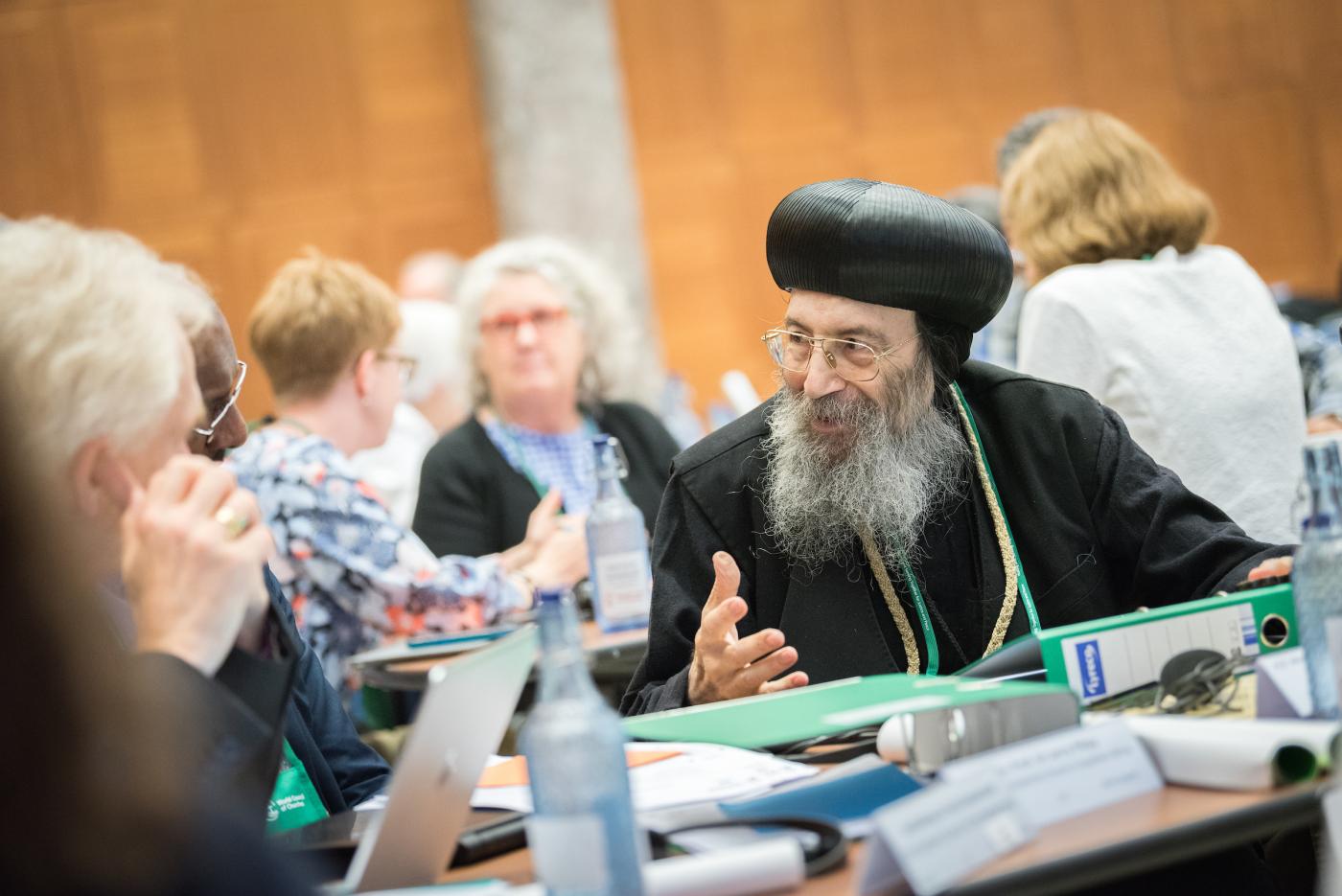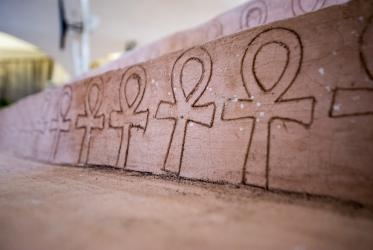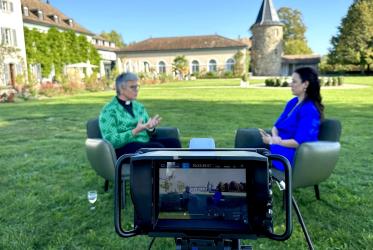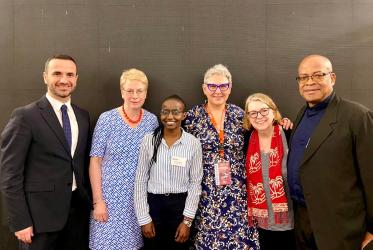Scholars and students around the world will soon have access to a unique collection of documents that relate to the search for Christian unity online, instead of having to visit the archives in Geneva of the World Council of Churches (WCC) to seek out texts that are often difficult to obtain elsewhere.
Known as the “Faith and Order Papers,” about 300 digitized documents and publications trace the history over more than a century of the Faith and Order movement, which has aimed to deal with matters of doctrine and church order that kept churches apart.
In 1948, the movement became part of the newly-founded WCC, which set up a Faith and Order Commission to continue the movement’s work.
“We rejoice in the privilege of protecting and sharing the memory of the work accomplished and, by so doing, assisting Christians and churches as they call each other to visible unity,” said Metropolitan Gennadios of Sassima, a vice-moderator of the WCC Central Committee, as he presented the project on 15 June to the committee, which is meeting in Geneva.
The materials will be presented in a single digital, online collection, fully searchable within each document and across the collection, accompanied by a host of additional reference materials and tools.
“Today as never before is it so easy by using modern technology to visit documents, studies, books, reports from consultations and so many other papers,” said Metropolitan Gennadios, recalling his own personal involvement with Faith and Order since he joined the WCC staff as a young theologian 40 years ago.
The moderator of the Faith and Order Commission, Rev. Dr Susan Durber, described the documents as part of a “living conversation.” She recalled the lively interest in past Faith and Order documents shown by younger theologians at a recent meeting of the commission in South Africa.
The digital collection is aimed at theologians, researchers, students, church leaders and others in the worldwide WCC fellowship and beyond.
Although the papers are seen as an invaluable theological reference source, much of the material is not widely available, except in select libraries around the world and in the WCC archives.
WCC communication director Marianne Ejdersten held up a 1911 document as an example of a text of which only a few copies are left in the world, but which will soon be available online, as a result of the project.
The 300 or so documents digitized for the collection represented a total of 35,000 pages and weighed 120 kilogrammes, said Ejdersten.







